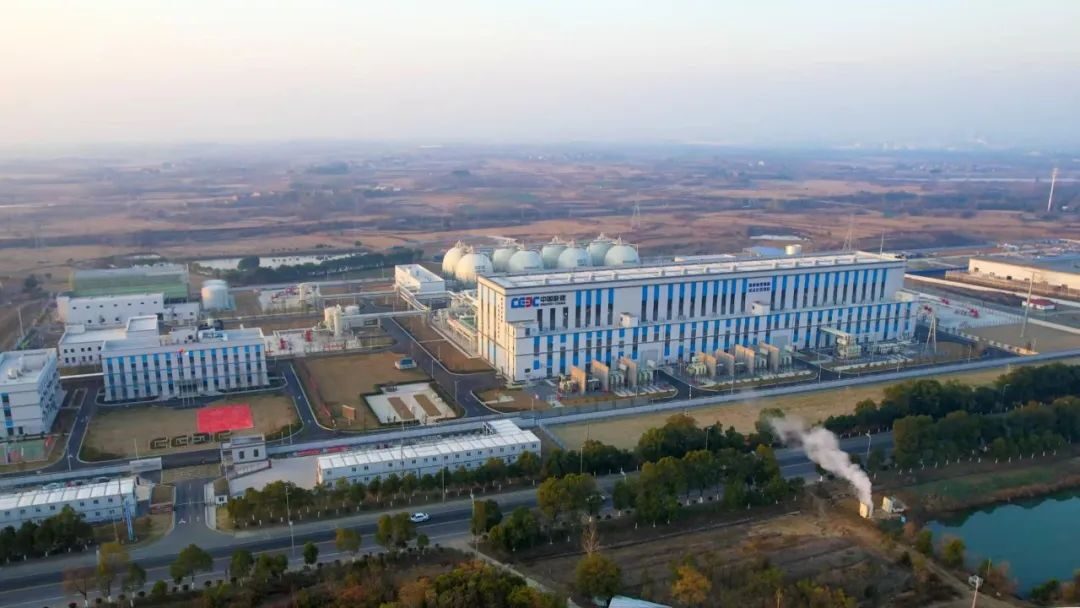Taiwan's Ministry of Economic Affairs has decided to maintain, unchanged, the feed-in tariffs for PV installations, after meeting with representatives of the solar sector last week.
The ministry said in a statement it has also decided to grant a three-month grace period for the completion of projects under development, due to the Covid-19 crisis which has delayed construction works for many facilities.
According to the Taipei Times newspaper, the FITs were originally planned to be lowered to between NT$3.73 (US$0.13) and NT$5.63 (US$0.20) per kilowatt-hour but were, instead, maintained at the current level of between NT$3.79 and NT$5.67 per kWh.
The article also reports that Taiwanese solar manufacturers such as URE, Motech Industries Inc, and TSEC, during last week's meeting, had urged the government to raise the FITs to enable a quick market recovery, especially considering the recent price hike for raw materials used in solar panel manufacturing.
In 2020, Taiwan saw the deployment of around 1,667 MW of solar generation capacity, according to the latest figures from the International Renewable Energy Agency. Its cumulative capacity stood at 5.81 GW at the end of December.
This content is protected by copyright and may not be reused. If you want to cooperate with us and would like to reuse some of our content, please contact: editors@pv-magazine.com.




1 comment
By submitting this form you agree to pv magazine using your data for the purposes of publishing your comment.
Your personal data will only be disclosed or otherwise transmitted to third parties for the purposes of spam filtering or if this is necessary for technical maintenance of the website. Any other transfer to third parties will not take place unless this is justified on the basis of applicable data protection regulations or if pv magazine is legally obliged to do so.
You may revoke this consent at any time with effect for the future, in which case your personal data will be deleted immediately. Otherwise, your data will be deleted if pv magazine has processed your request or the purpose of data storage is fulfilled.
Further information on data privacy can be found in our Data Protection Policy.